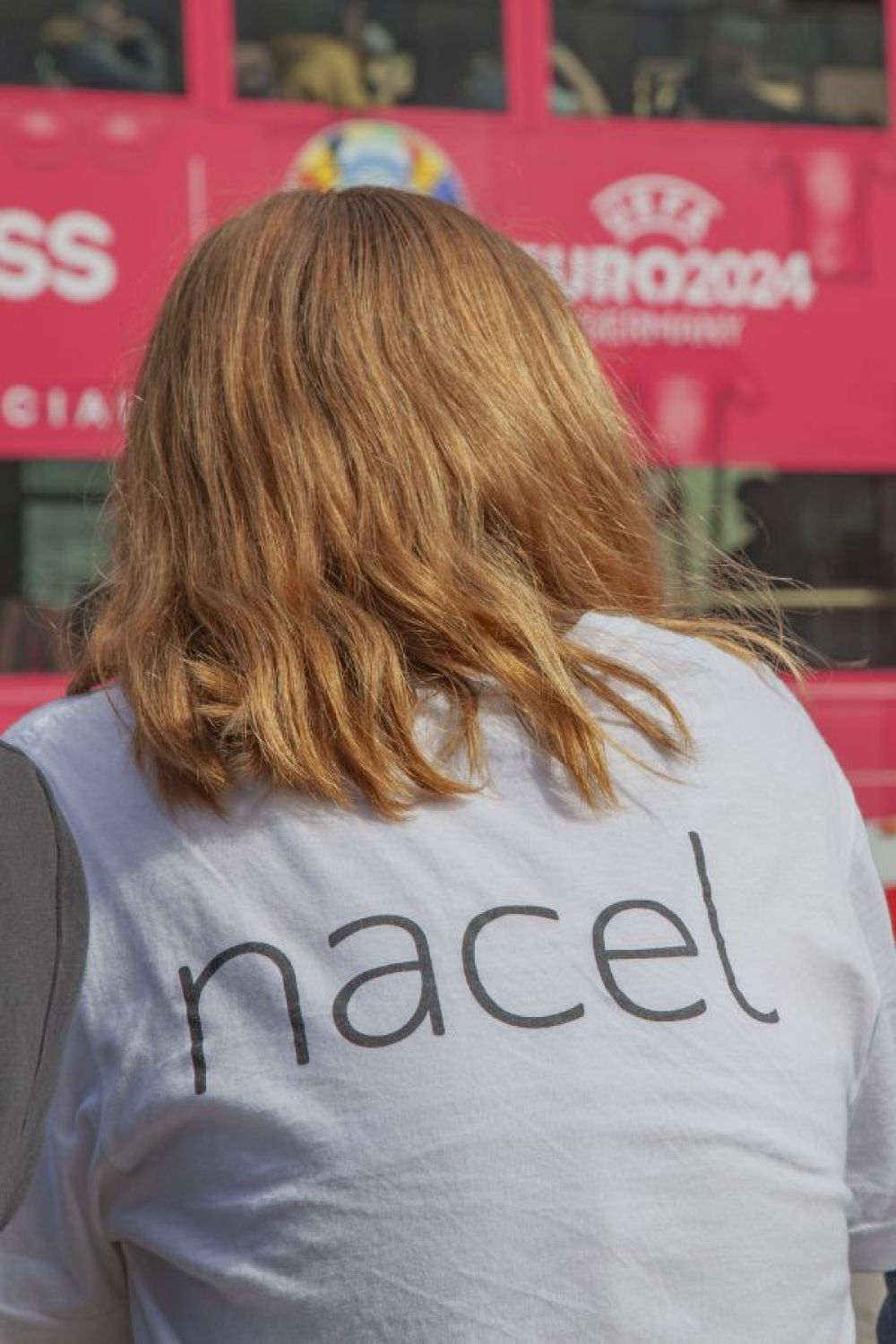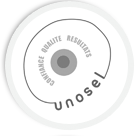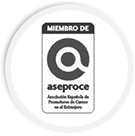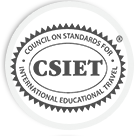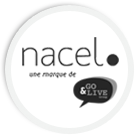How much does it cost to study in a High School abroad in 2026? Learn more!
As you consider doing a High School Abroad program for your sophomore, junior, or even senior year, the budget involved in such a program is a key topic for you and your parents. How much will it cost to do an exchange year in a High school abroad? What are the planned expenses for you and your parents? Read more about this topic.
Cost of High School Abroad: a crucial topic
The benefits of High School Abroad programs are numerous. We already wrote several articles about this topic. If you and your parents are already convinced by these benefits, you now need to start planning your study abroad project. Key questions are:
- When and how long would you like to study abroad?
- Which country do you choose for your High School exchange program?
- What would be your maximum budget for your project?
- Do you already have this budget available or should you plan on fundraising to finance your project?
Let's first explore the various expenses involved in high school exchange programs.
Average costs of High School exchange programs
The total cost of your High School exchange program will depend on various factors:
- the country you choose: costs are higher in some countries than others, depending on living costs and tuition fees
- your accommodation arrangements: would you like to stay with a host family or rather stay at a boarding school? Boarding schools are usually more expensive than staying with a host family.
- the length of your program: are you going to study abroad for a few weeks, a trimester, a semester, or even a school year? Expenses increase based on the length of your program.
- the high school you will study at: is it a public school or a private one?
- travel costs: can you use a train to reach your country of destination or will you need an international flight?
What is the average cost of High School Study Abroad programs? This is very difficult to say. Costs range from 6000 USD to about 40 000 USD, sometimes more.
Planned expenses for your High School exchange program abroad
Here's a breakdown of the typical expenses involved in such a program:
1. Program Fees
Your exchange program organization will confirm the program fees for your high school study abroad. Check what they include and do not include. Program fees usually include:
- administration and management fees;
- screening and application of prospective students;
- school tuition fees;
- accommodation chosen and meal plan;
- visa support;
- hotline and support.
Some other expenses may or may not be included in your program fees such as:
- travel insurance
- flight
- airport pick-up and transfer
- subject fee, material fee, school transportation, school books etc
- orientation camp
You should also expect some extra expenses such as:
- spending money to cover hygiene products, clothes, and shoes if necessary, school material, clubs and extracurricular activities, leisure activities, holidays expenses
- visa fee
Here's a general idea of what to expect:
- Short-term programs (2-4 weeks): $1,500 - $3,000
- Semester programs (3-6 months): $6,000 - $12,000, sometimes more in private schools
- Full academic year programs (9-12 months): $10,000 - $20,000, sometimes more in private schools
2. Destination Country
As mentioned above, the country you would like to study in will largely determine the cost of your program. Canada high school programs are usually more expensive than programs in the USA, due to tuition fees and homestay costs. England is usually more expensive than Ireland due to tuition fees. South American Spanish destinations are usually cheaper than Spain programs due to living costs involved.
Here’s a comparison of some popular destinations:
- United States: $12,000 - $50,000 per academic year depending on the program chosen: J-1 or F-1.
- Canada: $12,000 to $27,000
- UK: $8,000 to $20,000
- France: $7,000 to $15,000
- Germany: $5,000 - $19,000
- New Zealand: $7,000 - $21,000
- Japan: $7,000 - $8,500
- South Korea: $6,000 - $10,000
- Spain: $7,000 - $19,000
- Argentina: $7,000 - $12,000
- Brazil: $7,000 - $8,500
- Mexico: $5,500 - $9,500
- Chile: $6,500 - $9,000
- Ireland: $11,000 - $19,000
- Portugal: $6,500 - $12,000
- South Africa: $7,000 - $14,500
- the Netherlands: $9,000 - $11,000
3. Housing
The type of accommodation you choose greatly impacts the total cost of your program. Staying with a host family while studying abroad is less expensive than staying at a boarding school and this is also a very different experience. Read this article to learn more about the pros and contras of homestay versus residence.
For a boarding school experience in Switzerland, the USA, or England, budgets can be very high. Expect at least 30 000 USD per year, sometimes even 60 000 USD a year. But there are also some more affordable boarding schools for example in Italy or France.
Homestay costs also depend on countries. Some programs work with volunteer unpaid host families who may receive a living stipend (or not), and some programs work with paid host families.
This is not always linked to your exchange program organization but it may be linked to the conditions in your country of destination; for example in England or Ireland, host families are always paid, and there are no volunteer host families. Even homestay costs in paid host families vary from country to country as they are determined based on living costs.
Cheapest High School Exchange Programs Abroad
If you are on a budget, you may be interested in the cheapest high school exchange programs.
In this case, our advice is:
- choose a public school program to avoid tuition fees
- consider countries where living costs are lower
- make travel arrangements early if you can and do not travel back home during your program to avoid extra costs
- consider short-term programs of a few weeks or months to lower your budget
How to choose the right High School exchange program?
Costs and budgets involved are certainly crucial topics for you to choose the most suitable high school study abroad programs. you should also consider other criterias such as :
- Support provided by your exchange program organization (pre-departure orientation, in-country support, and emergency assistance);
- Your goals in terms of language learning and cultural discovery;
- Application deadlines: they vary from country to country, from organization to organization
- Requirements: some programs are stricter or more challenging in terms of entry requirements
Get comprehensive information and guidance from experienced advisors of your exchange program organization before moving forward with your project; they can explain the differences between the programs and advise you on the most suitable programs based on your goals and budget.

Céline Gibassier is an Educational Advisor at Nacel International. She shares her passion for cultural exchange and language travel with students who want to study abroad and live new experiences.
She studied at Sciences Po Strasbourg and spent time abroad, giving her both strong academic knowledge and practical experience in student mobility, program development, and host family coordination.
Based in France, Céline has built a wide international network in the language travel and education fields. In her role, she helps students and host families work well together, ensures quality service, and supports meaningful and life-changing travel experiences.







